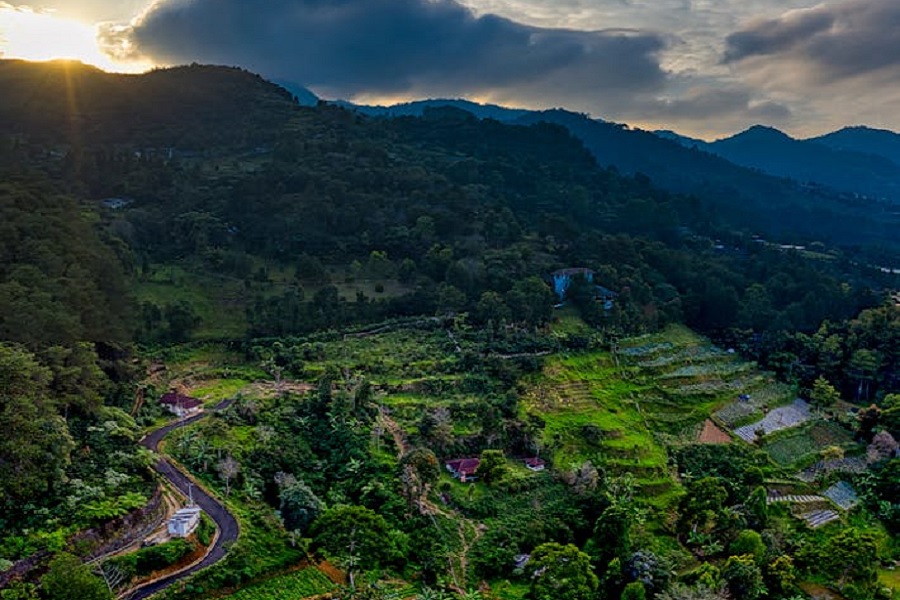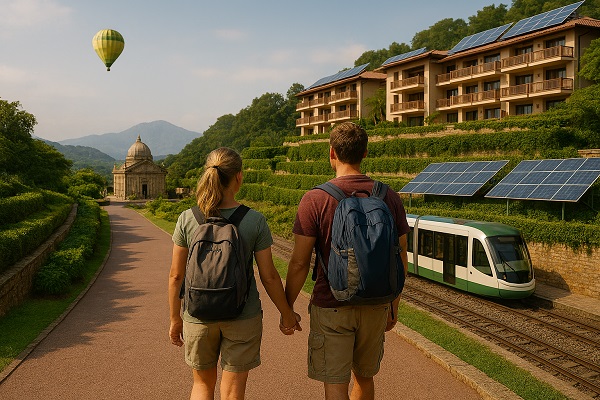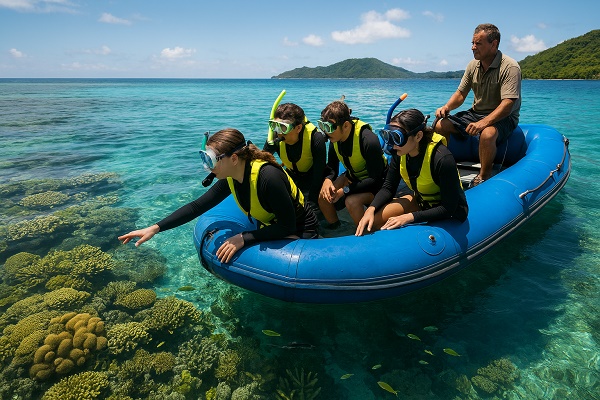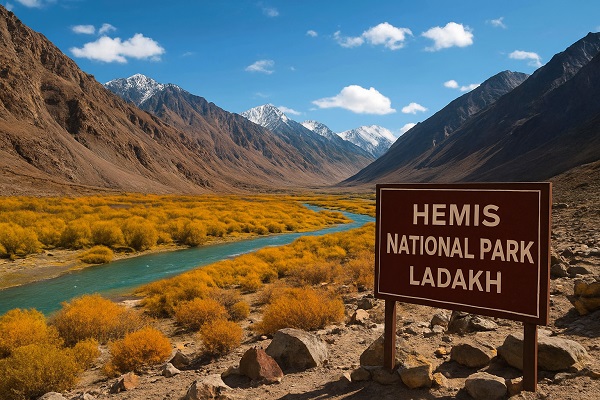Ecotourism and Conservation: Protecting Nature While Traveling

As travel becomes more accessible and the world becomes increasingly interconnected, the impact of tourism on the environment and local communities has never been more significant. However, ecotourism has emerged as a solution that allows travelers to explore the beauty of nature while actively contributing to its preservation. By promoting responsible travel practices, ecotourism ensures that the beauty of the natural world is protected for future generations, while also supporting conservation efforts and local communities.
What is Ecotourism?
Ecotourism is a form of sustainable travel that focuses on visiting natural areas with the intention of conserving the environment and improving the well-being of local communities. It emphasizes low-impact, eco-friendly travel practices and supports conservation efforts through responsible tourism. The goal of ecotourism is to offer a meaningful experience to travelers while fostering an appreciation for nature and wildlife.
Unlike mass tourism, which often leads to environmental degradation and overexploitation of local resources, ecotourism ensures that visitors can explore protected areas, observe wildlife, and participate in conservation projects. By doing so, it helps raise awareness about environmental issues and promotes the preservation of habitats that are vital for biodiversity.
The Key Principles of Ecotourism
-
Conservation of Biodiversity: Ecotourism promotes the preservation of natural ecosystems and wildlife. By visiting protected parks, wildlife reserves, and natural habitats, travelers can contribute to the ongoing conservation of these areas.
-
Minimizing Environmental Impact: Ecotourism encourages low-impact travel, such as reducing waste, conserving water, and minimizing carbon footprints. Tourists are often encouraged to leave no trace and avoid activities that could disturb the delicate balance of ecosystems.
-
Supporting Local Communities: Ecotourism fosters economic growth by providing employment opportunities and generating income for local communities. This ensures that the people living in and around conservation areas benefit from sustainable tourism, creating a direct incentive to preserve their environment.
-
Education and Awareness: A major goal of ecotourism is to educate travelers about the environment, conservation, and the importance of protecting natural resources. Guided tours, environmental workshops, and interactions with local conservationists help raise awareness and inspire more responsible travel behavior.
Popular Ecotourism Destinations
-
Costa Rica: Known for its vast biodiversity and protected areas, Costa Rica is a prime example of how ecotourism can thrive. The country offers eco-lodges, wildlife tours, and sustainable agriculture experiences while preserving its rainforests, beaches, and wildlife.
-
India’s National Parks: India’s national parks like Jim Corbett, Kaziranga, and Sundarbans offer visitors a chance to experience the country’s rich wildlife, including Bengal tigers, rhinos, and migratory birds, while supporting local conservation efforts.
-
New Zealand: With its stunning landscapes, New Zealand is a leader in sustainable tourism. The country has established eco-friendly lodges, wildlife sanctuaries, and conservation projects that allow travelers to experience its natural beauty while minimizing their environmental impact.
-
Kenya: The Maasai Mara and Amboseli National Park in Kenya are not only home to some of Africa's most iconic wildlife but also showcase successful conservation efforts. Eco-lodges and community-based tourism initiatives offer travelers the chance to support conservation while enjoying unique safaris.
-
Bhutan: Bhutan’s commitment to environmental conservation is reflected in its ecotourism policies. The country offers sustainable trekking tours, wildlife viewing, and visits to monasteries, all while preserving its pristine landscapes and promoting carbon neutrality.
How Travelers Can Contribute to Conservation
-
Choose Eco-Friendly Accommodations: Opt for hotels, resorts, or lodges that follow sustainable practices such as using renewable energy, minimizing waste, and supporting local conservation initiatives.
-
Support Local Conservation Projects: Participate in or donate to conservation programs, wildlife protection efforts, or community development projects that benefit both nature and local people.
-
Respect Wildlife and Nature: Always observe wildlife from a safe distance, avoid disturbing animals, and refrain from engaging in activities that could harm the environment, such as feeding wildlife or picking plants.
-
Offset Your Carbon Footprint: Many ecotourism destinations offer programs to offset your travel-related carbon emissions. By contributing to reforestation or renewable energy projects, travelers can help reduce the environmental impact of their journeys.
-
Educate and Share: Share your ecotourism experiences on social media, blogs, or with friends and family. The more people are informed about the benefits of sustainable travel, the greater the impact we can have on global conservation efforts.
























